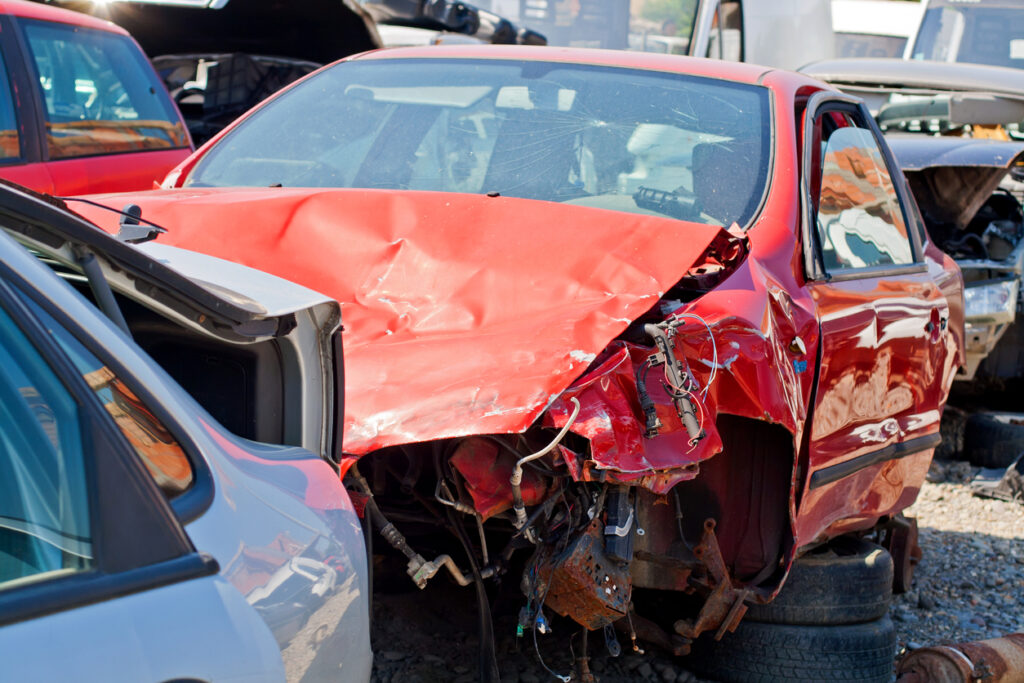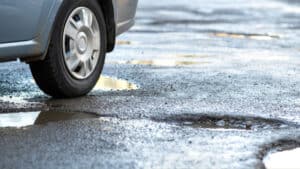This week’s question comes from Jim J. in the Excelsior, who asks:
Q: “My neighbor died. She was such a nice lady. I miss her and I also miss how she used to care for her yard. Her son inherited the place, he was never any good to her and was always trouble growing up. He hasn’t gotten any better with age. Since he moved in, he has been “collecting things” — mostly old cars but also tires, rims and other auto parts. He uses the garage to fix up old cars that he then sells. Most of the junk just stays there and rusts. It’s a scrap yard. Weeds are growing, and I have seen rats running in and out. It’s disgusting. What can I do about it?”
A: Dear Jim, you have a right to expect that your neighbor will keep their property reasonably clean. The conditions you referred to are commonly known as “blight,” and San Francisco has an ordinance — called the Community Preservation and Blight Reduction Act, contained within the Administrative Code — that codifies the responsibilities of a landowner to maintain their property.
The Board of Supervisors determined blighted properties are those that are in a condition of significant deterioration or disrepair, attract vagrants, gang members and other criminal elements as prime locations to conduct their illegal criminal activities, cause general deterioration and instability and substantially endanger the health and safety of residents of the blighted properties and of the surrounding neighborhoods. The Department of Public Works is empowered to issue notices of violation and take action to remedy blighted properties under the doctrine of nuisance.
The presence of any accumulation of filth, garbage, decaying animal or vegetable matter, waste paper, hay, grass, straw, weeds, vegetation overgrowth, litter, trash, cigarette or cigar butts, unsanitary debris, waste material, animal or human excrement is a nuisance prohibited under law. Likewise, “overgrown, dead or decayed trees, weeds or other vegetation, rank growth, rubbish, junk, garbage, litter, debris, flyers or circulars” are recognized as a fire hazards and conditions that promote the spread of vermin.
As to the “scrap yard,” the Administrative Code specifically identifies any property that contains, in the outdoor area, any refrigerator, washing machine, sink, stove, heater, boiler, tank or any other household equipment, machinery, furniture, or item, appliance or appliances as being blighted.
Whenever the director of DPW determines that a property is blighted, he or she may require or take any necessary abatement or other enforcement actions to cause the property blight to be abated. The director, or his or her appointee, can inspect the property and require the owner to pay for a property inspection fee of up to $250. DPW can also issue an abatement order requiring the landowner to address the issues, as soon as possible, and no later than 15 days after notice of the violation, although they can apply for an extension. A person cited also can request a hearing challenging the citation in front of an administrative law judge.
The DPW director can file a notice of abatement against the title of a delinquent property owner. If the owner fails to abate the nuisance, the director can order DPW to do so and then place a lien on the landowners’ property. A lien is a notice filed in the County Recorder’s Office against the title that indicates a debt is owed to The City for the costs associated with the abatement. Upon sale or transfer of the property, The City must be paid in order to secure clear title.
Jim, I suggest you contact DPW either by dialing 311 or by going to the sf311.org website. Search “blight” and request that they come out and inspect the property. Hopefully, they will do so, serve a citation and cause the neighbor to abate the nuisance. In case DPW fails to take action, you, as an owner affected by the blight, can request an injunction in San Francisco Superior Court.










